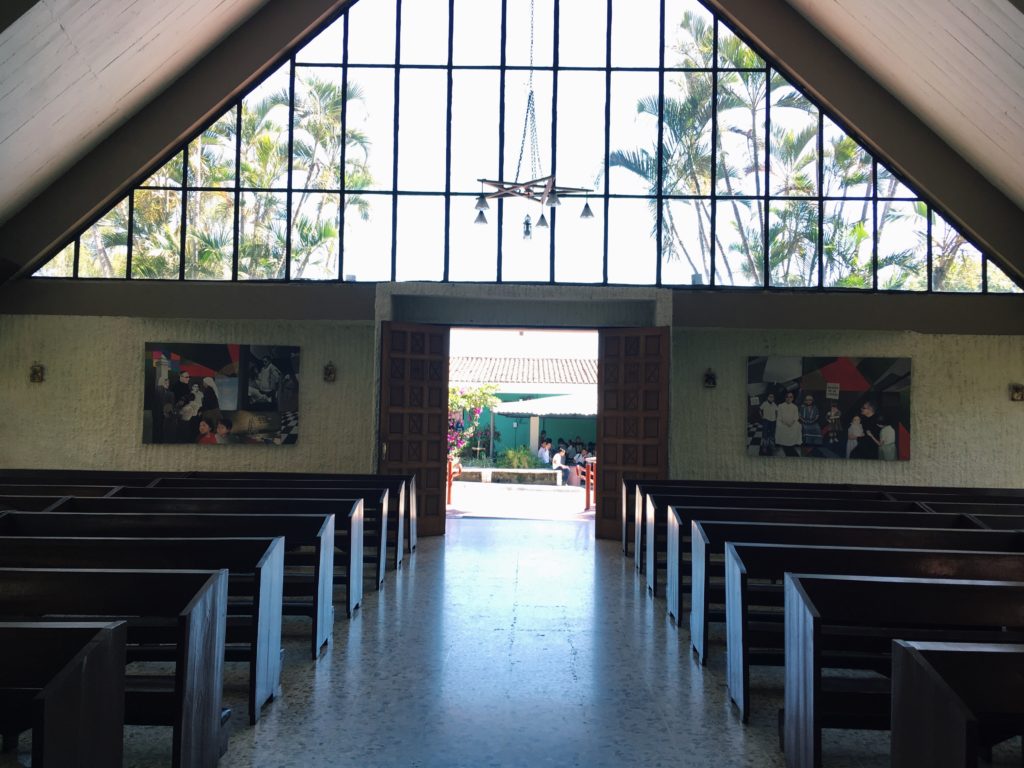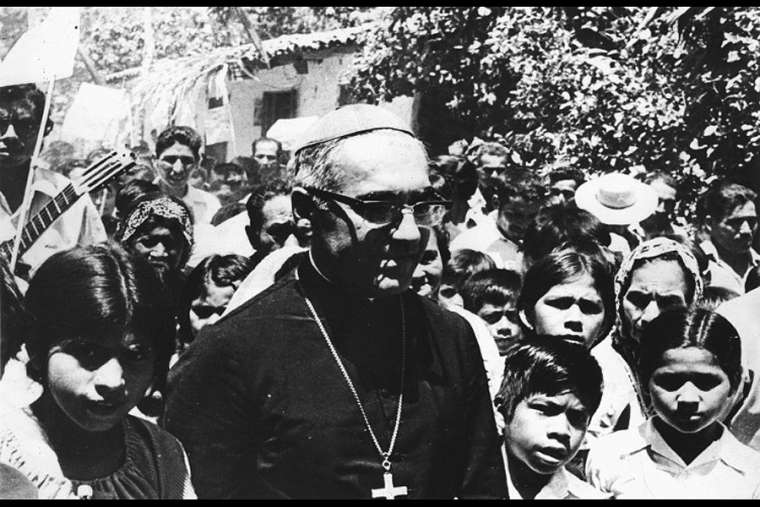Marissa Griffith, Senior Anchor Intern – Sacramental Preparation and Catechesis
During the summer following my freshman year of college, I went on a mission trip to Uganda. As we encountered the poor, I saw how so many of them were completely reliant on charity simply to survive. I wondered if this was a parallel for my relationship with God. When he says “Blessed are the poor in spirit,” is he asking me to rely completely on His charity, on His Love? (Matthew 5:3) To accept the reality of my brokenness – my poverty – and rely completely on the Lord meant that I had to learn to trust Him.
The following spring I was preparing for an ISSLP in Tanzania, and in learning about international development, I saw how seeing the poor as passive recipients of charity instead of active protagonists in their story is an unhealthy social dynamic that fosters continued dependence on developed nations that stunts the growth of developing nations. I was so convicted that this was true, but what did this say about my call to be poor in spirit? I didn’t want to ignore the reality of suffering in order to explain the Gospel.
Seeking a space to grapple with these questions, I signed up for a theology class called Mercy and Liberation. There I was introduced to Oscar Romero, the archbishop of El Salvador during the oppression leading up to the Salvadoran civil war. Reading Romero, I was struck by how he preached the Gospel. He didn’t try to explain away the suffering of the poor as God’s will or tell them that if they suffered patiently God would reward them. He made no attempt to say that everything was fine if they just trusted in God. In fact, he was very comfortable saying that everything was not fine and that suffering was not God’s will for His people. He was convicted that his people were worth more than a pat on the shoulder, a trite saying, or any false preaching of the Gospel that ignored the reality of their pain. So, every Sunday homily, as he announced the Gospel of the Lord, he denounced structural sin right along with it. He called his people to a deeper trust that when God saw the suffering of his people, he did not stand by and watch, but came and dwelt among them. Just so, Romero came to his suffering people and stood with them. He acknowledged the depth of their suffering and, by standing with the lowest in society, had the eyes to see the reality of injustice that the poor experienced, an injustice that was maintained by oppression. Any “peace” that covers up injustice is false peace, he saw; true peace is rooted in justice.

The next semester, everything was going great. I had a good group of friends, I was enjoying my classes, and nothing was going particularly wrong. However, just when I thought I was fine, life threw me some gut punches and it became clear that everything was not fine. First, a bad job interview. Next, waitlisted for the Campus Ministry Internship. Then, a friend unexpectedly called me out for a habitual sin I was unaware of that was hurting many of my relationships. Each one of these was a blow to my ego, but the last one really knocked the wind out of me. I place so much value in my relationships that it physically hurt to think that my behavior had harmed those that I treasure so deeply. Confronted with the reality of my sin, I couldn’t ignore the state of my heart anymore. It was only by facing my brokenness, sin, and inability to get out of the mess I had made that I saw my absolute need of God’s grace to lift me out of it. God can’t heal something that I won’t give to him; I had to expose my heart so the Divine Physician could do His work. I had to trust Him enough to uncover the hidden sin in my life so that it could be rooted out, and I learned not to be scared to pray for “everything hidden to come into the light.” (Luke 8:17)

This semester, I’m continuing to walk with Romero as I write my thesis on his ministry and preaching. As the hidden sins of some of our Church leaders come into the light, Romero has given me a way to grapple with these horrific realities. Confronted with the reality of shockingly widespread sin, I have been given strength to pray that everything hidden will come into the light so that the work of healing can begin. Although it is overwhelming to think of the scale of our brokenness as a Church, people deserve more than just picking up the pieces of the wreckage sin has left behind. It’s going to be a painful process, but Romero reminds me that it’s not enough to say that our Church is “fine.” The Church isn’t fine, but she is holy; not because her members are holy, but because Christ is holy. Romero says that “the Church persists because she is composed of people who place their fragile trust in Christ, and Christ is in God, and God is in Christ and in us.” Romero preaches that the Church, the Body of Christ, is made up of individual members and if we are to address root causes of widespread sin we must begin with the heart of each person. We the Church are part of the culture that forms its members. A culture of sin begins with the personal sin of individuals, so a culture of truth and healing begins with each individual who has the courage to expose their heart to the Lord. That we may have the courage to let the painful healing process begin, St. Oscar Romero, pray for us!